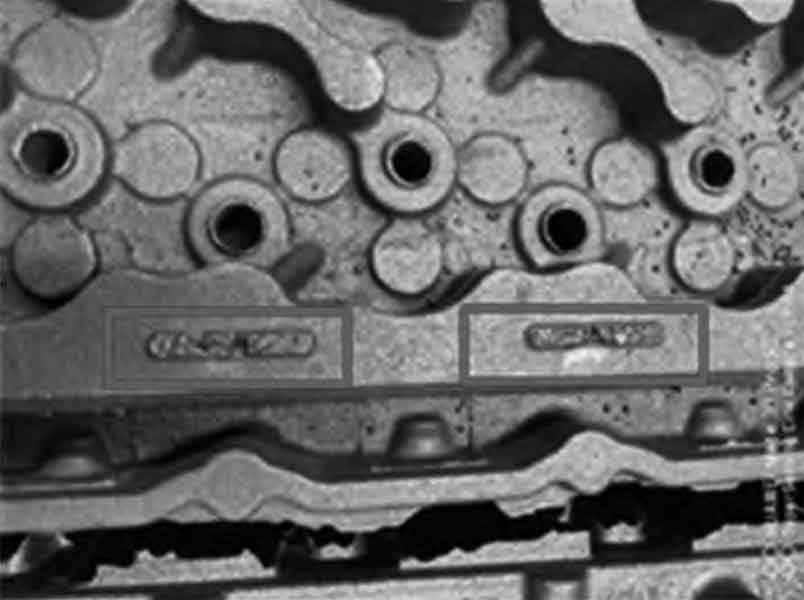In the industrial sector, casting is a prevalent manufacturing process, appreciated for its versatility and efficiency. However, the presence of casting defects can significantly impact the quality of the end product, affecting its performance, durability, and aesthetic appeal. This article will explore the influence of casting defects on industrial product quality.

- Mechanical Performance: Casting defects like porosity, shrinkage, and hot tearing can greatly affect a product’s mechanical properties. For instance, porosity can lead to reduced tensile strength and fatigue resistance, resulting in a product that’s more susceptible to failure under stress. Defects such as cracks can weaken the structure, making it more prone to breakage and reducing the part’s overall load-bearing capacity.
- Durability: The presence of defects can also influence a product’s lifespan. A product with casting defects is likely to fail prematurely, requiring replacement or repair more frequently than a defect-free counterpart. This not only drives up costs for the end-user but can also harm the reputation of the manufacturer.
- Aesthetics: Casting defects can affect the surface finish of the final product, leading to an unattractive appearance. This can be particularly problematic for products where aesthetics are crucial, like decorative items or components that are visible in the final assembly.
- Functionality: Casting defects can cause the final product to deviate from its intended design. This can lead to functional issues, such as parts not fitting together correctly, products not performing as expected, or even safety concerns if the part is critical to the operation of machinery or equipment.
- Cost Implications: Defects can increase production costs by requiring additional finishing work, rework, or even scrapping of the defective parts. Furthermore, if defects are not detected and the product reaches the customer, the manufacturer may incur warranty claims, product recalls, or reputation damage, which can have significant financial impacts.
Casting defects can have wide-ranging effects on the quality of industrial products, impacting mechanical performance, durability, aesthetics, functionality, and cost-effectiveness. It is, therefore, crucial that manufacturers strive to minimize these defects through effective process control, proper design, and regular inspection and testing. By doing so, they can ensure the production of high-quality, defect-free products, improving customer satisfaction and maintaining a positive brand reputation.
